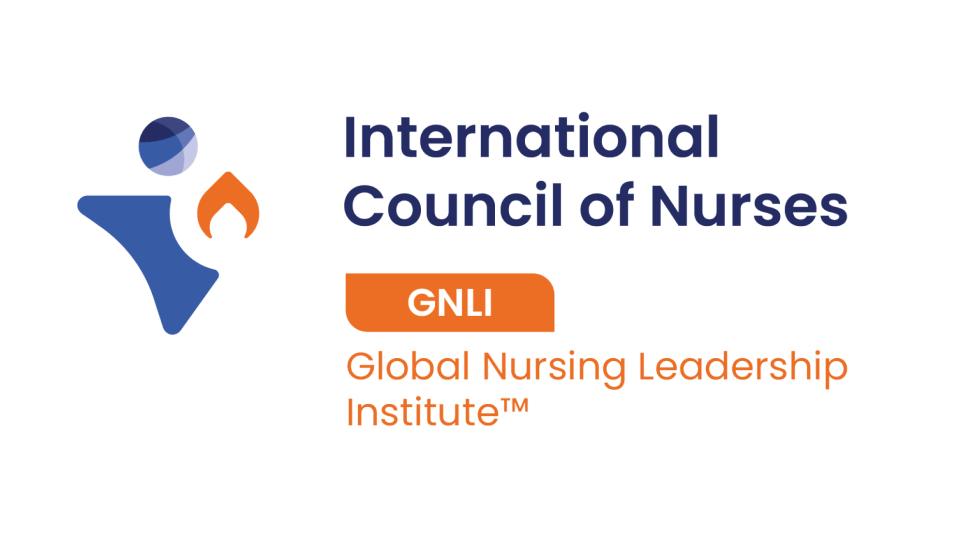Nurses travel from all around the world to attend ICN’s Global Nursing Leadership Institute in Geneva

Senior nurses from around the world are gathering in Geneva for the second module of the International Council of Nurses (ICN) Global Nursing Leadership Institute (GNLI), a leadership programme which has been running since 2009.
The year long GNLI programme equips experienced senior nurses with the skills, knowledge and abilities they will need to represent nursing at the very highest level of policy making and influence in their home countries.
The 29 nurses, who come from as far afield as Australia, Saudi Arabia, Norway, Uruguay, United States, Rwanda, Lesotho, Myanma, Nepal, Malaysia and the Republic of Korea, will spend a week in Geneva participating in the second module of the programme, which includes the intensive interactive learning experiences that constitute the core of the GNLI.
The participants include a government-level chief nursing officer, deans of university nursing faculties, professors of nursing, nursing lecturers and researchers, heads of departments and directors of nursing, representing nursing in all its varied roles and settings.
Speakers on the programme include World Health Organization (WHO) Chief Nursing Officer Amelia Tuipulotu, who is a former GNLI scholar, England’s former Chief Nursing Officer Dame Christine Beasley, Dr Kateryna Balabanova, Director of the Centre for Nursing Development of the Ministry of Health of Ukraine, and ICN President Dr Pamela Cipriano and ICN Chief Executive Officer Howard Catton.
Programme Director Dr Diana Mason said it was exciting to be able to meet the GNLI scholars face-to-face after having to run the programme online for the past three years because of the effects of the COVID-19 pandemic.
Dr Mason said: “After three years of running the GNLI programme online because of the pandemic, we are excited to be back in Geneva with 29 outstanding nurse leaders from 23 countries to develop their knowledge and skills in policy leadership. They are committed to leading policy change that will address the Sustainable Development Goals and promote the health of people everywhere.
‘Moving the programme online provided the opportunity to strengthen our partnerships with the WHO Regional Offices. Now, as we return to Geneva for an intensive in-person experience that includes a day at WHO headquarters, we have retained the regional partnerships, providing 29 nurse leaders from around the globe with a unique learning opportunity in policy leadership.”
Deputy Programme Director Dr Patsy Yates said: “The week long intensive in Geneva provides scholars with a unique opportunity to engage in critical discussions of the policy process and its political context, and to advance their skills as leaders in local, national, regional and global health. The highly interactive program places a strong emphasis on empowering scholars from across the world to apply the lessons they learn in practice to achieve sustainable improvements in the health of our communities.”
Dr Cipriano said: “I am immensely proud of the nurses who come in to the GNLI programme. They have already proven their exceptional abilities, and this programme takes them to another level so that they can make the changes that are needed to maximise the impact of nurses around the world. They will go on to represent the voice of nursing where it really matters – at the top tables where policy and strategic decisions are made. They will be the influential force to create more resilient health systems.”
Mr Catton said: “When nurses join the GNLI programme they are already senior leaders in the profession and the programme enhances and builds on their skills so that they can become even more effective and influential. This is crucial at a time when we need nurses at the heart of policy-making more than ever. I am sure this current cohort of nurses will go on to do great things for nursing and for the patients, families and communities that they work with.”